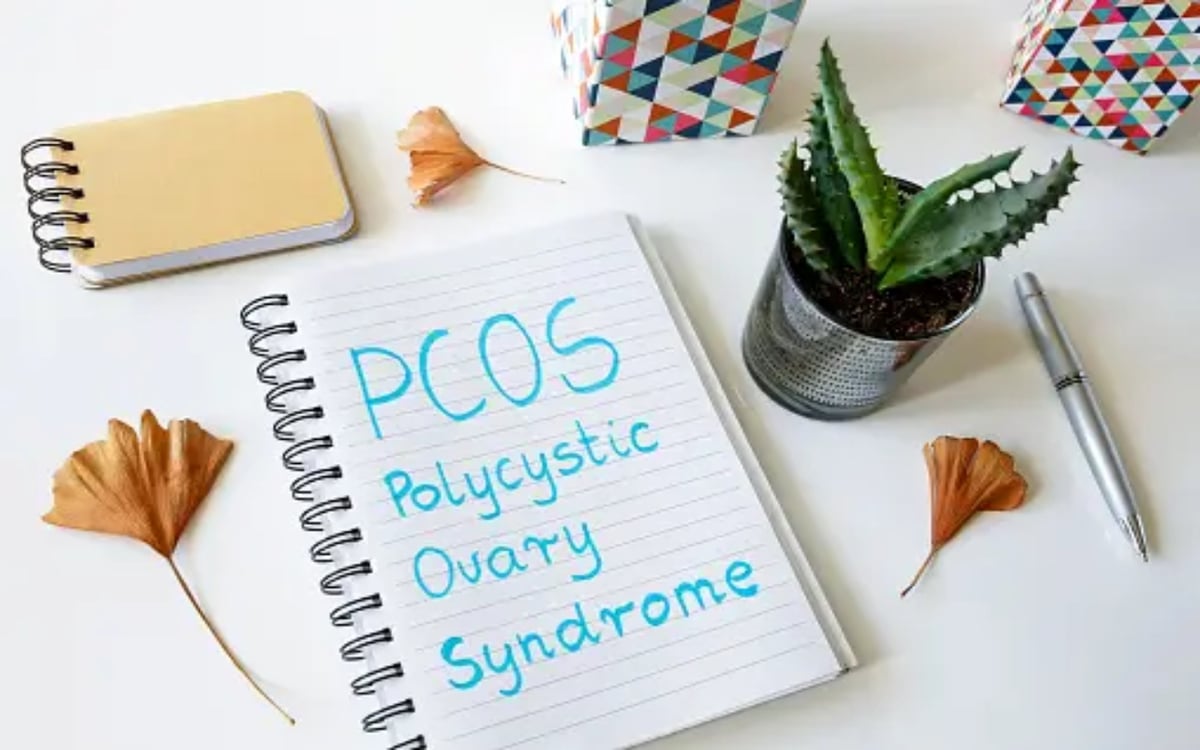
Polycystic ovary syndrome (PCOS) and polycystic ovary disease (PCOD) are terms that are often used interchangeably, but they are quite different. Both of these are endocrine disorders affecting the ovaries. The symptoms, causes and harm caused to the body of these two diseases are also different. PCOD involves cysts on the ovaries, while PCOS is a syndrome with hormonal and metabolic effects. Both of these have a significant impact on women’s health. PCOD and PCOS are different terms, PCOD can be a part of PCOS. PCOS involves a broad spectrum of symptoms and is diagnosed based on a combination of irregular menstruation, elevated androgens, and cystic ovaries. PCOD, on the other hand, refers to the presence of cysts specifically on the ovaries.
PCOD (Polycystic Ovary Disease)
PCOD is a condition when many small cysts start forming on the ovaries. These cysts are underdeveloped follicles that accumulate. Due to this the ovary becomes larger. PCOD is diagnosed primarily through ultrasound imaging.
PCOS (Polycystic Ovary Syndrome)
PCOS is a broad term that includes hormonal problems and innervation abnormalities. PCOS is diagnosed based on a combination of symptoms, including irregular menstruation, elevated androgen levels, and the presence of cysts on the ovaries.
symptoms
PCOD
-
Irregular menstrual cycle.
-
Enlarged ovaries with many small cysts.
-
Hormonal imbalance causes acne, oily skin and excess hair growth.
-
gaining weight.
PCOS
-
Irregular or absent menstruation.
-
High levels of androgens (male hormones) cause acne and hirsutism (excessive hair growth).
-
Insulin resistance is often associated with weight gain.
-
Difficulty conceiving due to irregular ovulation.
Effect
PCOD
-
Fertility problems due to irregular ovulation.
-
The risk of endometrial cancer increases due to irregular periods.
-
Increased levels of insulin can cause diabetes.
-
Emotional impact due to impact on physical appearance.
PCOS
-
Infertility or difficulty conceiving.
-
Increased risk of type 2 diabetes.
-
Increased cholesterol levels can potentially lead to heart problems.
-
Psychological effects including anxiety and depression due to hormonal fluctuations.
Reason
PCOD
-
genetic causes
-
insulin resistance.
-
Hormonal imbalance, especially elevated levels of luteinizing hormone (LH).
PCOS
-
Genetic factors.
-
Insulin resistance and increased insulin levels.
-
Hormonal imbalance, especially elevated levels of androgens.
Diagnosis and treatment:
PCOD
Diagnosis of PCOD involves ultrasound imaging. Treatment may include hormonal contraceptives, anti-androgen medications, and lifestyle changes to regulate periods.
PCOS
Irregular menstruation, elevated androgens, and cystic ovaries. These include lifestyle changes, such as diet and exercise, hormonal contraception, anti-androgen medications, and fertility treatments if necessary.

